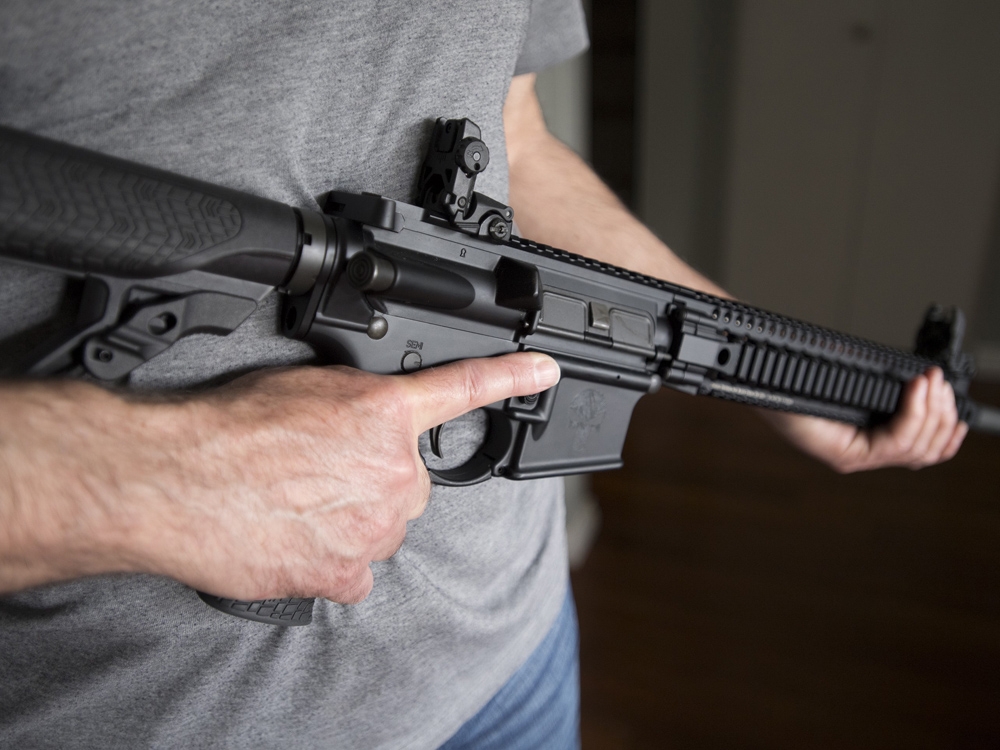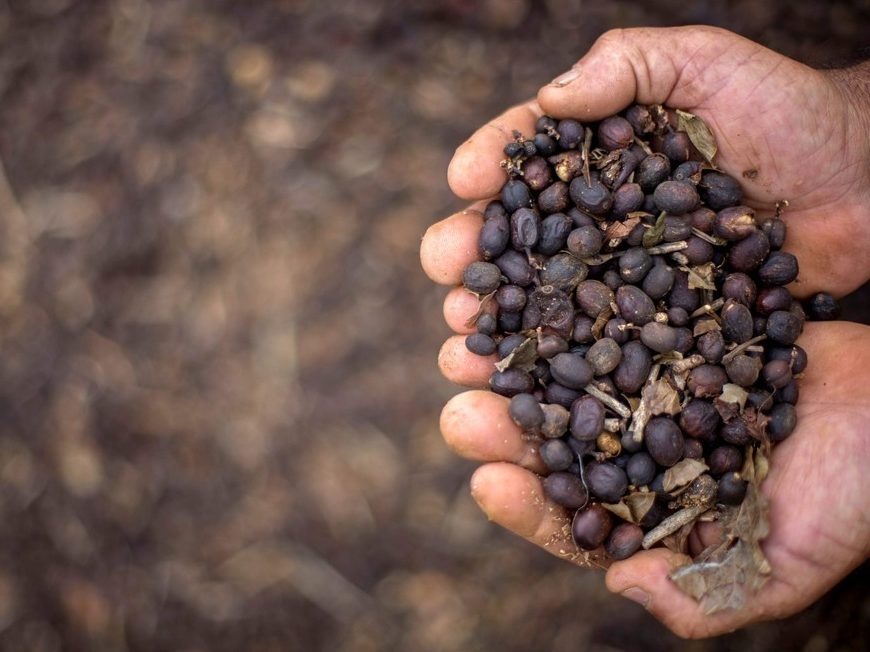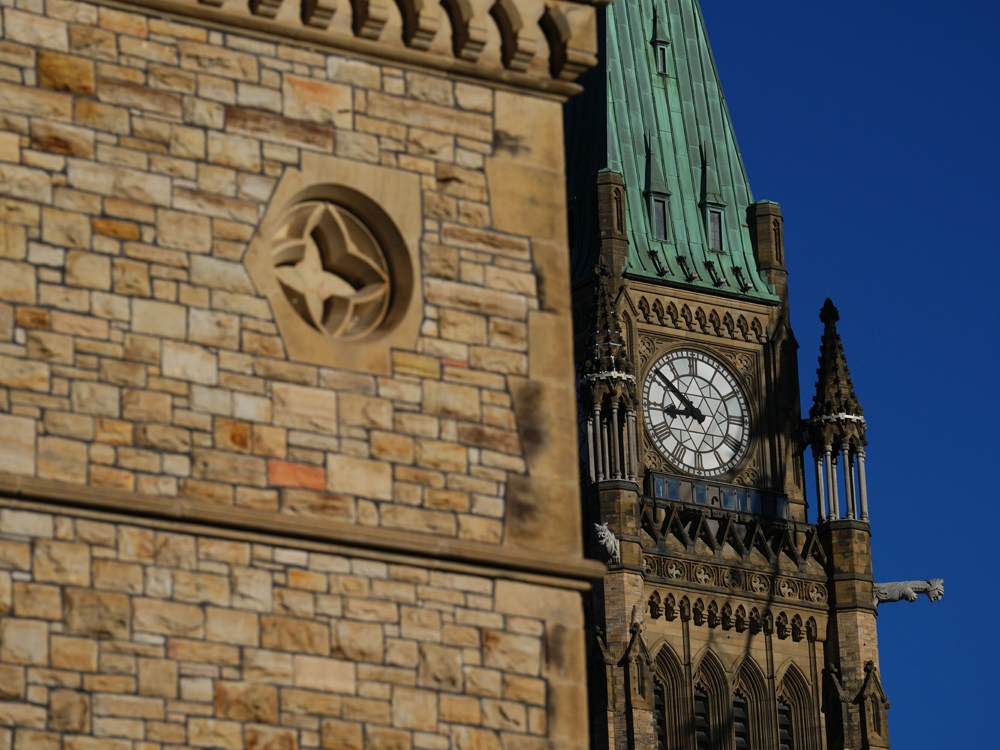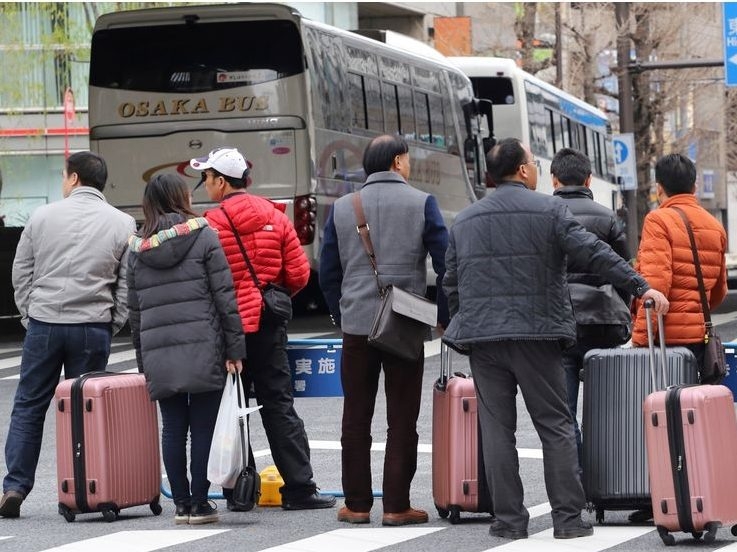Mexico City erupted in chaos Saturday as a massive protest spiraled into violent clashes with police near the National Palace. Thousands of demonstrators, many masked, overwhelmed security barriers, unleashing a wave of aggression against law enforcement officers.
The scene quickly devolved into a brutal confrontation. Protesters dragged officers from their lines, attacking them with hammers, chains, and even explosive devices. Shields were ripped away, communication radios destroyed, and a thick cloud of tear gas blanketed the historic Zocalo Square.
Authorities reported a significant toll on the police force, with at least 60 officers sustaining minor injuries. Forty required hospitalization, the majority suffering from contusions and cuts, while four received specialized care for more serious, though non-life-threatening, trauma.
By nightfall, police had detained at least 20 individuals and referred another 20 for administrative offenses. The unrest was largely driven by members of Gen Z, fueled by deep-seated frustrations over corruption and a growing sense of insecurity.
Protesters voiced a desperate need for change, citing concerns that extend beyond political grievances. Arizbeth Garcia, a physician, marched demanding increased security and vital funding for the public health system, stating doctors themselves are increasingly vulnerable to violence.
The demonstration also served as a powerful memorial for Carlos Manzo, the recently assassinated mayor of Uruapan, Michoacán. Rosa Maria Avila, a demonstrator from Patzcuaro, described a state “dying” due to unchecked criminal activity and praised Manzo’s courage in confronting cartels.
Manzo had publicly challenged President Claudia Sheinbaum’s approach to combating organized crime just weeks before his death, expressing fear for his life but vowing to continue the fight. He implored the president for greater determination in tackling the escalating cartel violence.
President Sheinbaum, who assumed office in October, faces mounting criticism for allegedly failing to adequately address the country’s security crisis. High-profile murders have intensified scrutiny of her administration’s policies and perceived tolerance of criminal organizations.
Adding to the complexity, Sheinbaum recently rejected an offer of military assistance from the United States, firmly stating Mexico would not accept the presence of foreign troops on its soil. She emphasized a willingness to collaborate, but only within the boundaries of national sovereignty.
This stance, despite the escalating threat from cartels, has drawn concern from some observers who believe a more collaborative approach is necessary to restore order and protect citizens. The rejection of aid underscores a deep-rooted commitment to national independence, even amidst a growing crisis.
The events in Mexico City represent a boiling point of frustration and fear, highlighting the urgent need for effective solutions to address corruption, violence, and the pervasive influence of organized crime within the nation.





